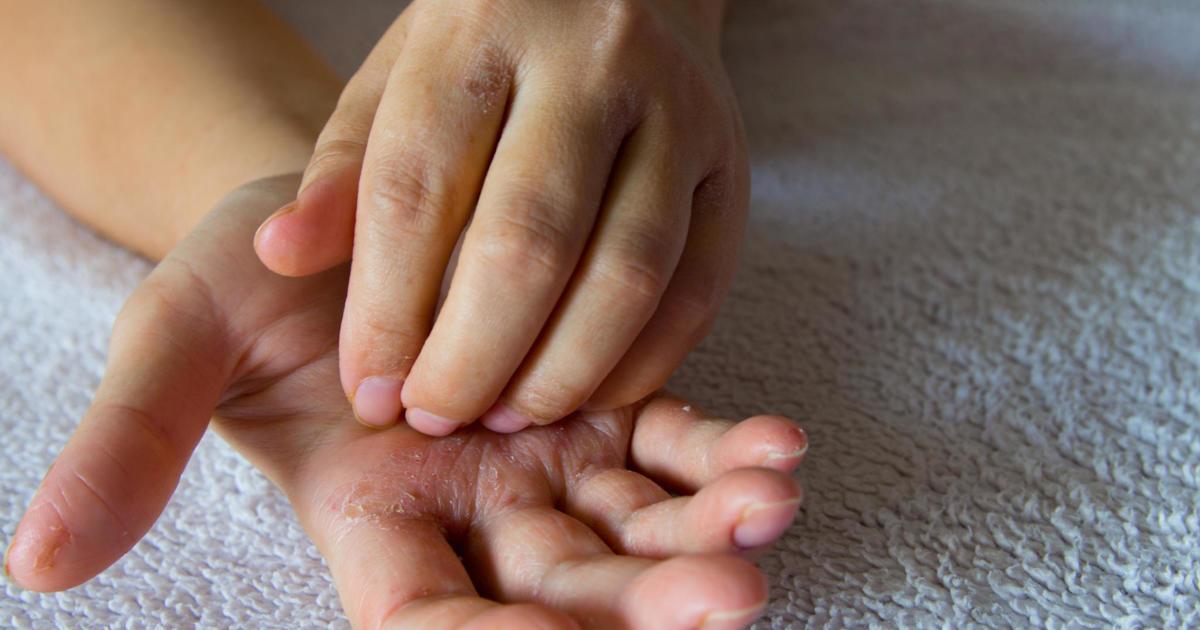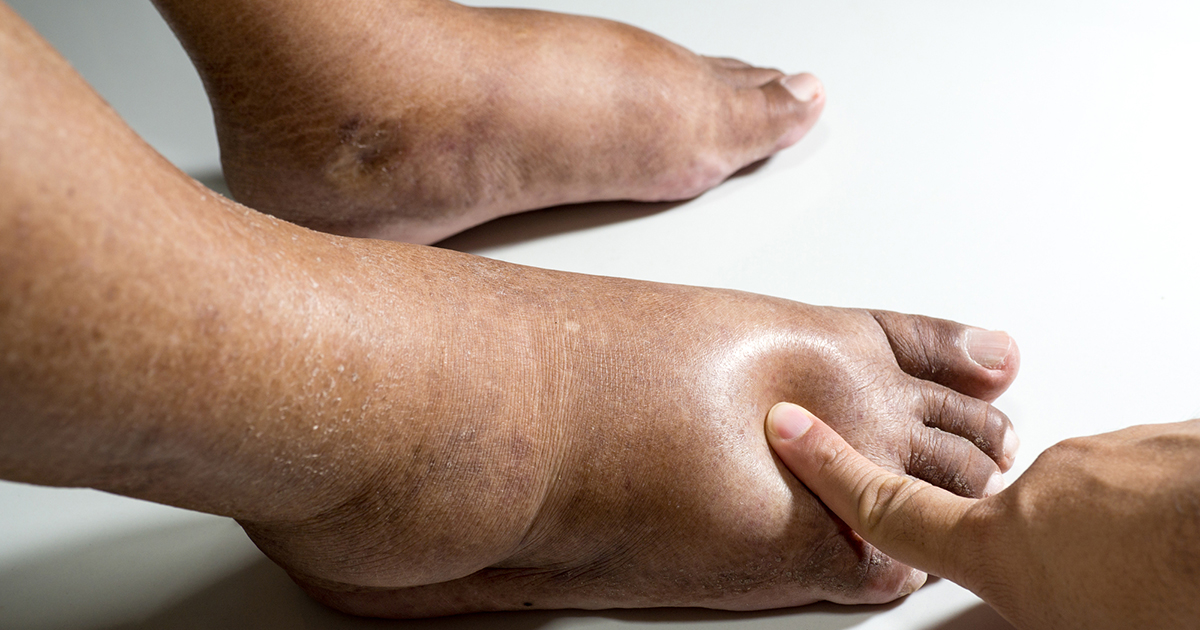Causes, Risk Factors, And Complications Of Cellulitis
Skin Conditions

Having certain skin conditions can increase an individual's risk of developing cellulitis. We know cellulitis occurs when bacteria enter a cut, scrape, break, or lesion in the skin. If individuals have skin conditions that cause frequent breakages in the skin, there are more chances for bacteria to enter. Like with any abrasion, the best way to prevent cellulitis is by treating the wounds and bandaging them to prevent infection. This isn't always possible with widespread abrasions, though, especially because individuals might not even notice they have them at the time. Some of the conditions that increase the chances of cellulitis are shingles, athlete's foot, and eczema. Eczema can cause the skin to become dry and cracked, and the same is true of athlete's foot. Shingles causes painful blisters that tend to occur on one side of the body. When the blisters pop or break, they can create abrasions that can easily become infected. In the same manner, having open wounds or burns also increases an individual's chances of developing cellulitis as they heal.
Lymphedema

Lymphedema is the medical term for swelling in an arm or leg, though there have been cases where the swelling occurs in both arms or legs. This condition can increase an individual's chances of developing cellulitis, though it doesn't cause the infection by itself. The most common cause of lymphedema is the damage to or removal of lymph nodes, which occurs as part of cancer treatment. Lymphedema occurs when the lymphatic system, which is part of the immune system, is blocked. With this blockage, it's difficult for lymphatic fluid to drain properly, which leads to swelling in the limbs. Lymphedema doesn't currently have a cure, but as long as it's diagnosed early, it can be managed by taking diligent care of the affected limb. If individuals contract cellulitis, they might have a more severe infection or experience the further moving of the infection due to the compromised immune system. Lymphedema tends to occur with swelling, a restricted range of motion, feelings of tightness or heaviness, aching, and potential discomfort.
